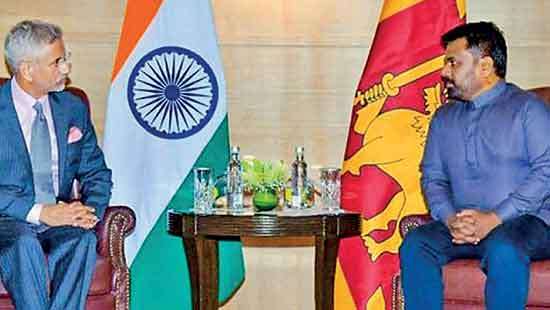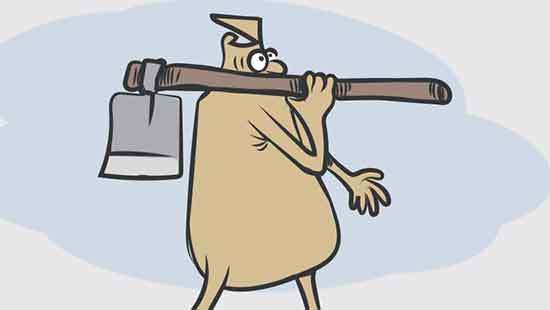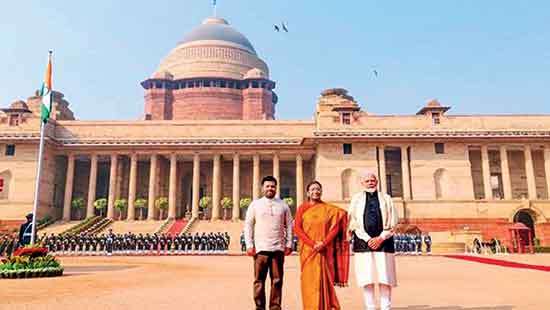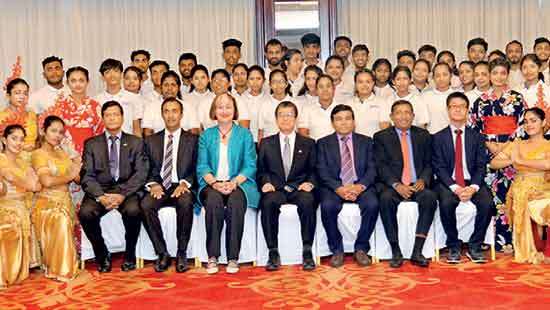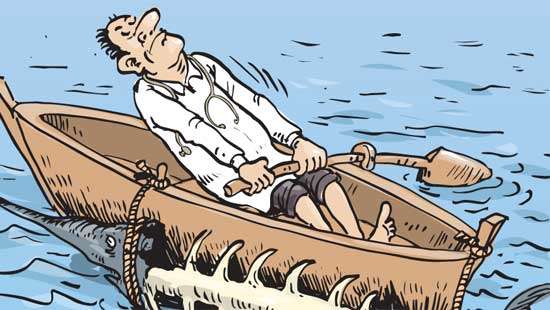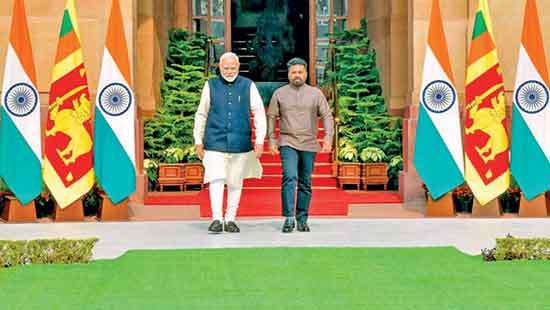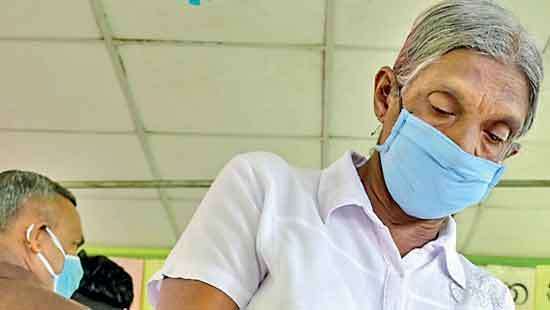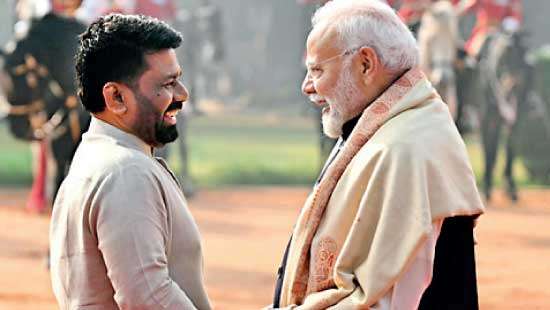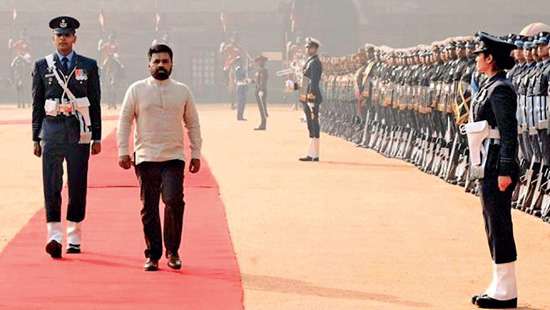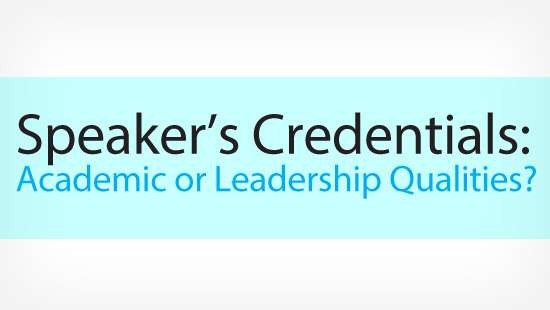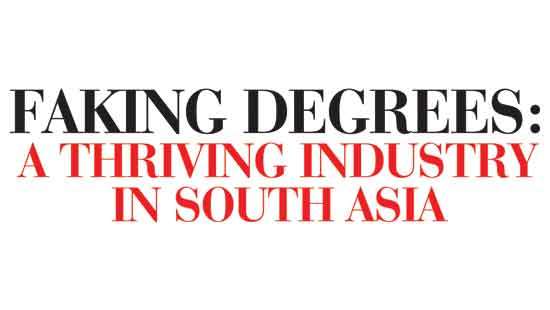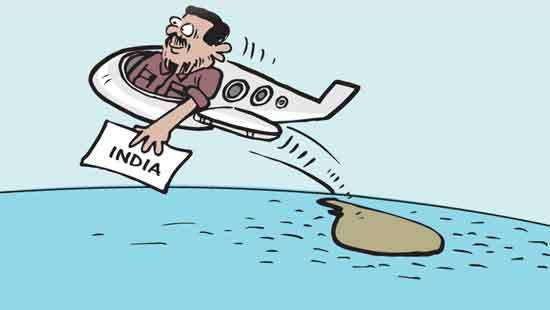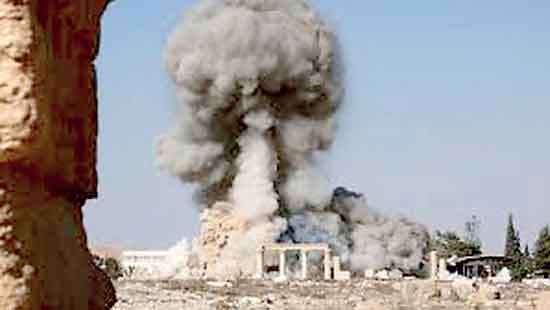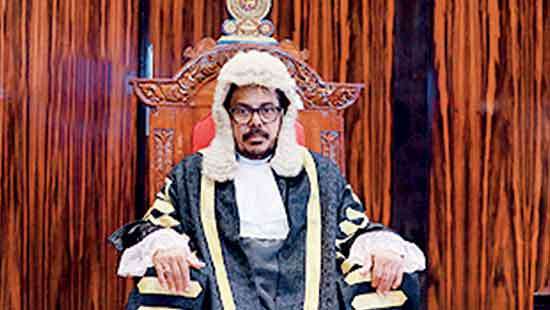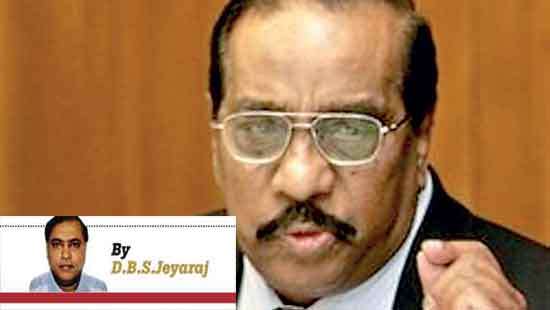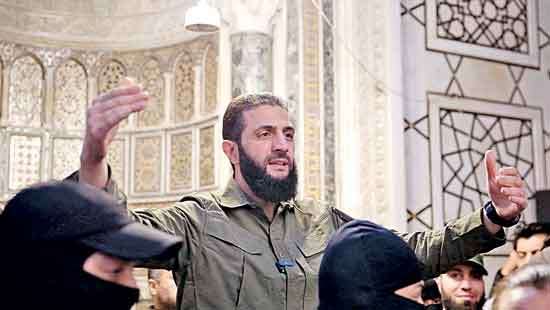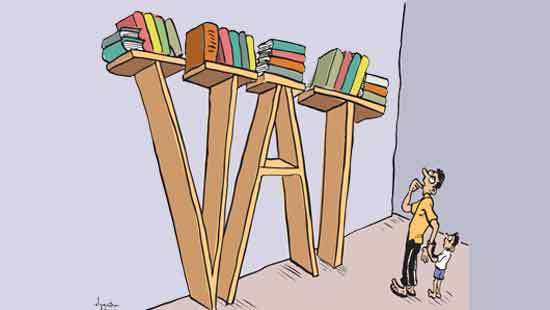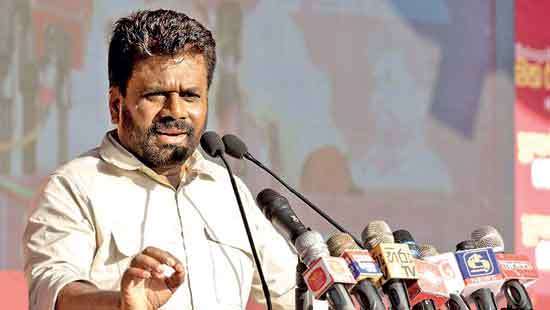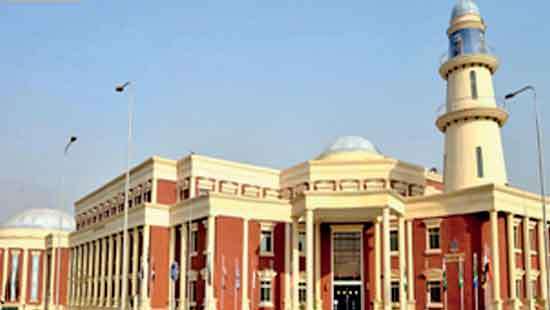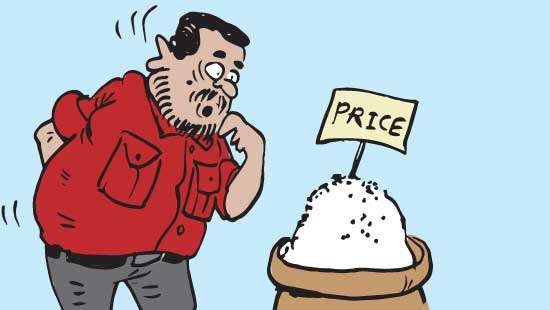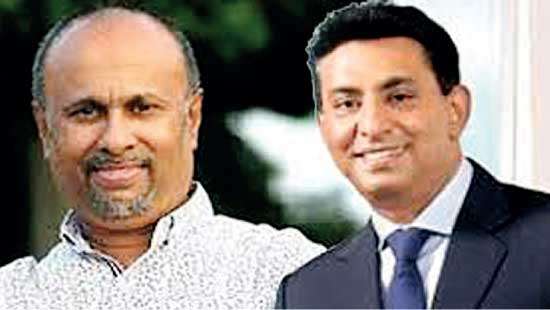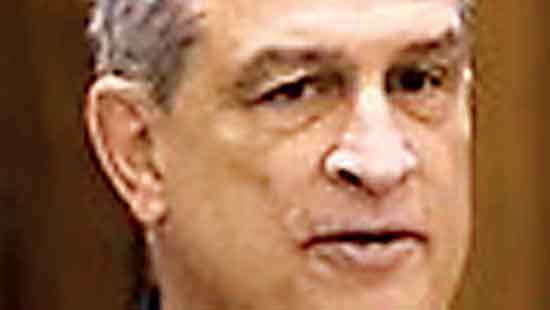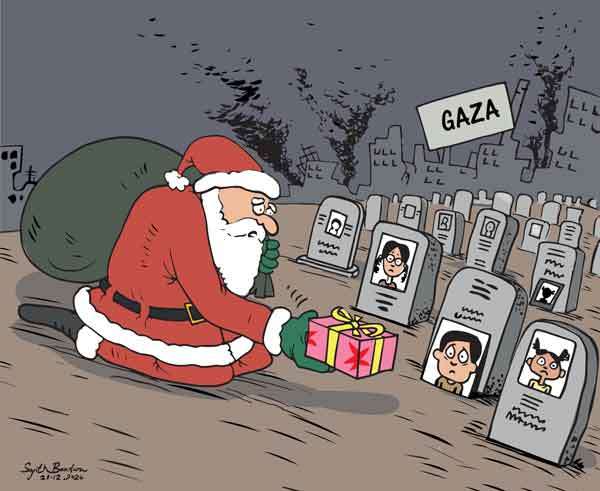Opinion
The sagging Indian interest in 13 A
21 Dec 2024
 2
2
Is the 13th Amendment to the Constitution - the most controversial and lengthy modification introduced to the country’s basic law - losing its significance? The answer seems to be in the affirmative with India, the real architect of that Amendment gradually lessening its weight in its own statements, the possibility of it dying a natural death or becoming a dead letter is apparently high. Also, with the provincial councils, the practical outcome
Going from Aid to Trade: a Story of Lanka and India
21 Dec 2024
 1
1
Sri Lanka’s new President Anura Kumara Dissanayake recently concluded his state visit to India. He was given a high ceremonial welcome by his counterpart, President Droupadi Murmu, and received with warmth by Prime Minister Narendra Modi at Rashtraprati Bhavan. In the joint statement, India has pledged to supply LNG gas to Sri Lanka, enhance trade settlements between the two countries, boost education and technology exchanges and encourage Indian
Japan’s Specified Skilled Worker Programme Helps 200 Youngsters Complete the Programme
21 Dec 2024
 0
0
The recent batch for the Specified Skilled Worker (SSW) – Nursing Care training programme had completed the programme; it is conducted by the National Youth Services Council, in partnership with the International Labour Organization (ILO). It empowers youth with critical skills for Japan’s growing nursing care sector. The ceremony to award certificates to the students was held in Kandy.
Request to Repeal the Prevention of Terrorism Act, Online Safety Act, and Other Repressive Laws
21 Dec 2024
 0
0
The Coalition against the Repressive Laws (CARL) which comprise of more than 60 Civil Society, Media, Trade Unions and Professional Associations, in a letter to the President Anura Kumara Dissanayake has requested to repeal the Prevention of Terrorism Act, Online Safety Act, and other repressive laws that undermine fundamental rights and freedom.
Should Specialist Doctors Retire so ‘young’?
20 Dec 2024
 3
3
As Sri Lanka gets ready for Christmas in December, there will be some aged government workers who will be getting ready for retirement. That sounds painful, especially for specialist doctors who have to retire at age 60 by December 31 this year. However, there can be some good news for them given that the Ministry of Public Administration takes steps to gazette a ruling by the Court of Appeal to extend the retirement age of specialist doctors ser
Sri Lanka’s ‘Fourth Estate’ Rising from the Ashes
18 Dec 2024
 1
1
The media has often had great influence on public affairs and is referred to as the fourth estate. In the 19th century, the fourth estate came to refer exclusively to the press (print media). Today it’s applied to all branches of the news media and is accepted in general as being a legitimate political force performing a watchdog function.
Speaker’s Credentials: Academic or Leadership Qualities?
17 Dec 2024
 1
1
“May it please your Majesty, I have neither eyes to see nor tongue to speak in this place but as the House is pleased to direct me, whose obedient servant I am here”-- William Lenthall, Speaker of the House of Commons on January 4, 1642
Faking Degrees: A Thriving industry in South Asia
17 Dec 2024
 5
5
The Anura Kumara Dissanayake government in Sri Lanka, which was sailing smoothly despite unsolved economic issues, suffered the first jolt since coming to power, when parliament Speaker Ashoka Ranwala resigned on Friday amidst accusations that his PhD was fake.
Ranwala’s Title Outweighs Rice and Coconuts
14 Dec 2024
 2
2
The moral high ground occupied by National People’s Power (NPP) government has been threatened by the issues surrounding the title Dr. used by Speaker Asoka Sapumal Ranwala after many people started questioning and challenging the authenticity of it.
President Gets his Sums Wrong; MP’s Drop Bogus Doctorates
14 Dec 2024
 1
1
Less than four months ago,, the results of this country’s Presidential election brought a smile to Lankan faces. The relatively young leader of the National Peoples Power (NPP), popularly known as AKD, was elected President. Until this time AKD had commanded just three members in parliament. At the General elections which followed in November, the NPP won a two-thirds majority. It left the political opposition in disarray.
LTTE Political Strategist Anton Balasingham: A Personal Account.
14 Dec 2024
 0
0
The current controversy surrounding Speaker Ashoka Sapumal Ranwala’s higher educational qualifications evoke memories of an earlier controversy of a similar nature concerning a prominent person associated with the Liberation Tigers of Tamil Eelam(LTTE).
Syria: The grim reality behind the celebration
13 Dec 2024
 3
3
The crisis unfolding in Syria is indeed a major geopolitical quake, the likes of which the Middle East has not seen since the defeat of the Ottoman Empire and the balkanisation of the region into more than a dozen nation-states some 105 years ago in keeping with the Western imperialists’ sinister design to divide and rule the Arabs.
ACCOMPLISHMENT OF PLEDGES GIVEN AT THE ELECTIONS:IS IT FEASIBLE ?
12 Dec 2024
 3
3
Out of multiple strategies implemented by JVP/NPP leadership in order to secure victory at the last Presidential and General elections, hatred politics and gamut of crucial pledges given to the people have played a predominant role to change the mindset of the mass scale of people in favour of JVP/NPP.
1971 Indo-Pakistan War Legendary Pakistan Navy Submarine and Pakistan Navy War College in Lahore
12 Dec 2024
 2
2
The Pakistan Navy War College, Lahore celebrated its 50th anniversary three years ago. I was fortunate enough to be part of the Golden Jubilee celebrations being an alumnus of the College, on invitation by then Chief of Navy Staff (Navy Commander) of Pakistan.
Can AKD bring big time rice millers to book
11 Dec 2024
 13
13
President Anura Kumara Dissanayake and his newly elected parliamentary team are being hit by a barrage of criticism more reminiscent of the firing of multi-barrel weapons which operated during the time of the LTTE-led war which lasted nearly 30 years. The political opposition has rounded on government for its inability to control major rice millers manipulating prices.
When guardians of justice are more corrupt than politics…
11 Dec 2024
 2
2
Those on all sides of the political divide, and even those who hold reservations, could expect certain good things to come from this government. One area of promise is more than an illusory commitment to fight corruption. Acknowledging that would not make you a sycophant but surely reduce the chances of you being a brazen hypocrite.

SL exits ’Restricted Default’ rating
10 Dec 2024
 1
1

SriLankan airlines hosts agents’ tour to Gan island
10 Dec 2024
 1
1

First Capital crowned as Brand of the Year at SLIM Brand Excellence 2024
10 Dec 2024
 1
1

Bitcoin surges past $100k for first time
10 Dec 2024
 1
1

USAID, CBL group to boost SL’s coconut industry
10 Dec 2024
 1
1

crisis spirals, Govt. extends deadline for imports till January 10
10 Dec 2024
 1
1

Suspect dies after collapsing in Chilaw Police custody
10 Dec 2024
 1
1

Dayasiri defends use of President’s Fund, rejects misuse allegations
10 Dec 2024
 1
1


